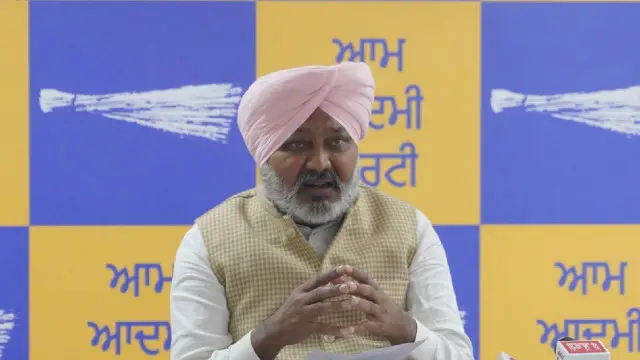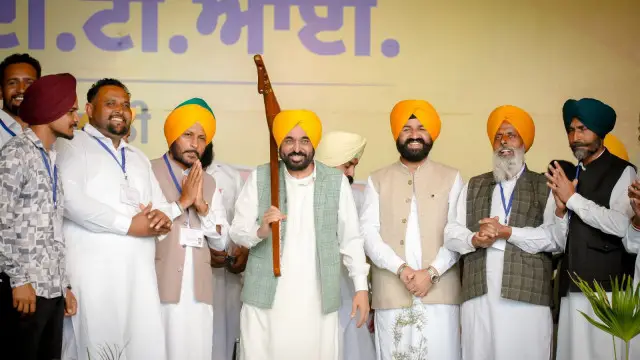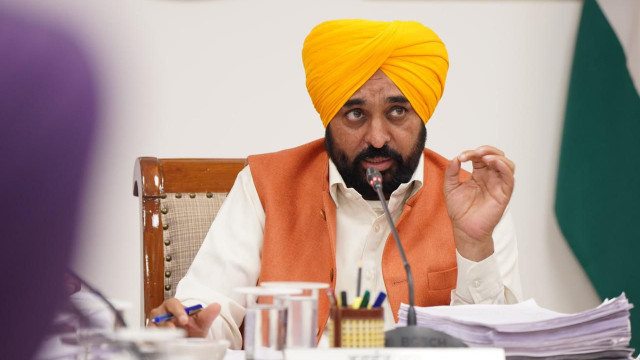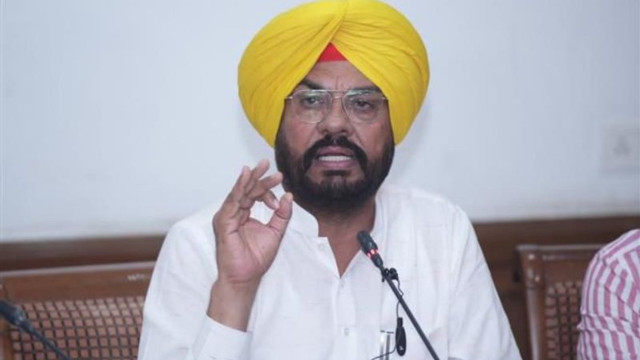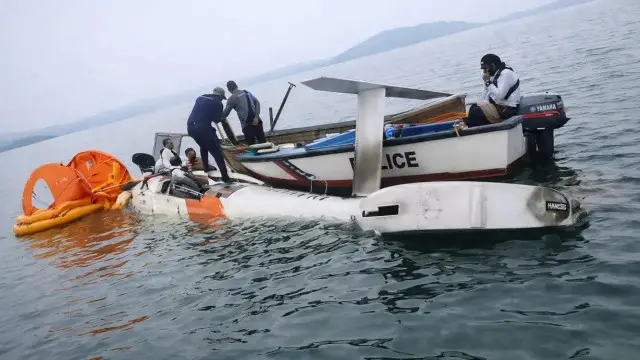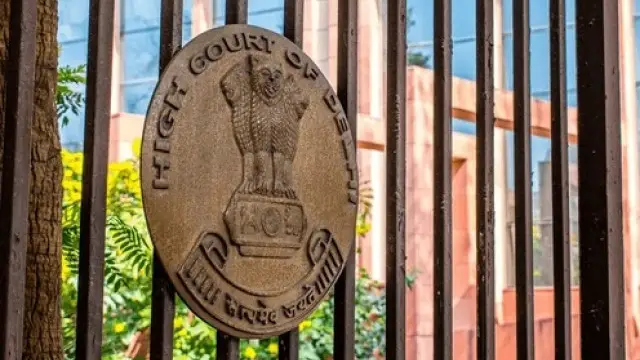AAP MPs Drive Tractors In Flood-Hit Punjab Fields, Helping Farmers Restore Farmland For Upcoming Cultivation
In flood-affected areas of Punjab, Aam Aadmi Party MPs are working alongside farmers, driving tractors and clearing silt to revive farmland under the state’s “Jiska Khet, Uski Sand” initiative.
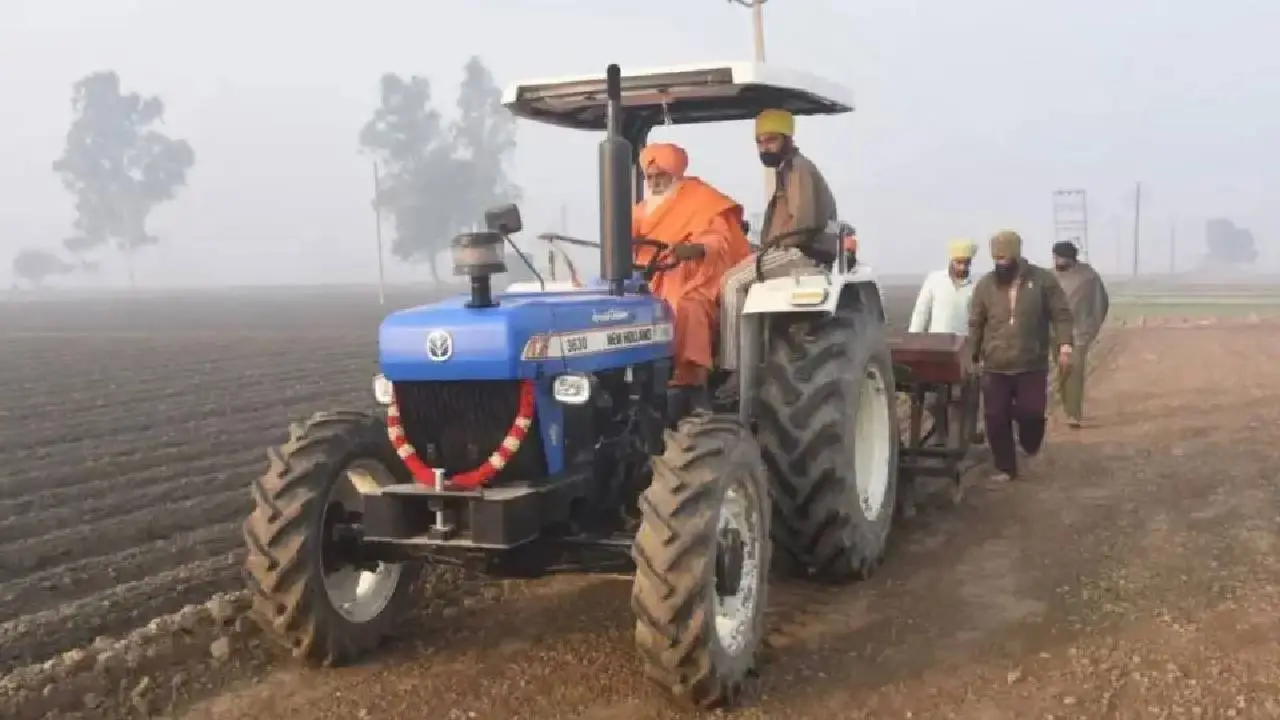
Punjab News: AAP MP Balbir Singh Seechewal reached flood-damaged villages and spoke directly with farmers. He operated tractors himself while supervising the removal of sand. Mechanical support was brought in to make land cultivable again. Farmers noticed his practical involvement instead of just formal visits. Officials said the approach was aimed at enabling early farming activity. This field-level participation gained public attention.
What Is The Objective Of The Scheme?
The “Jiska Khet, Uski Sand” scheme allows farmers to claim the sand deposited in their fields after floods. Government teams supply machines to restore land for cultivation. Technical advice is also provided to ensure safe farming conditions. Farmers are encouraged to restart agriculture without financial stress. The scheme aims to speed recovery before the next sowing season. Several villages are actively benefiting from the initiative.
How Are Farmers Reacting To The Effort?
Farmers shared that earlier leaders rarely helped physically after natural disasters. This time, seeing an MP driving tractors boosted their morale. They said such direct involvement gave them hope. They felt their concerns were being understood on ground level. Farmers believe this approach strengthens confidence and reduces dependence on outside help. Many described it as a step toward true recovery.
What Is The Government’s Relief Strategy?
The Punjab government has intensified rehabilitation across flood-hit regions. Chief Minister Bhagwant Mann is regularly reviewing progress. Teams are visiting affected areas to assist directly in field operations. Machinery is being deployed to minimise delay in land restoration. Relief and monitoring are happening simultaneously. Officials emphasise quick action to protect future harvests.
Can This Initiative Promote Self-Sufficiency?
By supporting land restoration, the campaign pushes farmers to regain independence. Instead of waiting for full assistance, they are working jointly with teams. Tractor operations and machinery reduce manual labour costs. Balbir Seechewal said the goal is to help farmers resume agriculture early. He added that prompt action is crucial for their economic stability. Farmers see this as a positive step forward.
Does This Set A New Political Standard?
The move has sparked discussion around performance-based leadership. Many say this example reflects governance focused on physical engagement. Supporters call it people-centric policymaking. Critics demand long-term measures beyond immediate recovery support. Still, the gesture has been widely praised across rural communities. It has triggered debate about realistic political outreach.
How Might This Shape Future Policies?
Experts believe such initiatives could influence leadership behaviour in agricultural regions. Working closely with farmers may build deeper trust and accountability. The model may inspire similar actions in other states facing climate challenges. Farmers expect continuity of support rather than temporary aid. This shift could redefine leadership expectations in rural governance.




